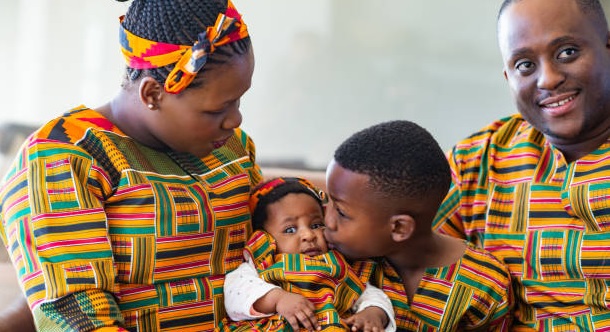By John Ikani
South Africa is on the brink of making history as the first African country to implement shared parental leave, following a groundbreaking high court decision mandating equal time off for both parents after the birth of a child or adoption.
The pivotal ruling grants parents the flexibility to divide a four-month parental leave period between them. In the past, mothers were entitled to the full four months, while fathers or partners were limited to a mere 10 days.
Although progress has been made across Africa in the last two decades, with more countries guaranteeing paid leave for fathers, the majority fall short, allowing as little as two or three days off.
Advocates of this development applaud it as a significant stride forward. Wessel van den Berg, MenCare officer at Equimundo, a gender equality organization, expressed his excitement, stating, “It raises the bar on leave for parents in a wonderful way. I’m thrilled our law is becoming more in line with our constitution.”
While acknowledging the milestone, van den Berg stressed the pressing need for additional reforms to synchronize policy with social norms and the country’s reality. Politicians now have a two-year window to refine and enhance the law.
Nkululeko Mbuli, advocacy and communications strategist for Embrace, a social movement for mothers, welcomed the judgment as a step in the right direction but cautioned that it still falls short, particularly for mothers. She noted the judgment placed the responsibility for leave decisions on individuals rather than fostering a supportive system. Additionally, unemployed individuals and those in insecure employment were excluded from the ruling.
Mbuli voiced concerns about the practical implications for mothers, fearing a premature return to work might adversely affect their mental health.
Thandile Ndoda, 30, from Cape Town, and her husband Kwanda, 34, who are expecting a baby later this year, expressed mixed sentiments. While Kwanda lauded the move as progressive and pledged to take more leave to support Thandile, both agreed that the mother should not have to sacrifice her maternity leave.
Thandile emphasized, “I think fathers should be allowed to be at home more, but I don’t agree with sacrificing the mother’s maternity leave.”
Kwanda added, “I think the new generation of men is taking on a more liberal stance. They want to be a core part of their children’s lives.”
In unison with van den Berg and Mbuli, they advocate for an additional portion of non-transferable “use it or lose it” leave for both parents, without encroaching on the shared leave period, mirroring practices in Spain and Sweden.
As van den Berg aptly concludes, “The journey is far from over, but this judgment represents a promising step toward a more equitable and balanced caregiving landscape in South Africa.”




































